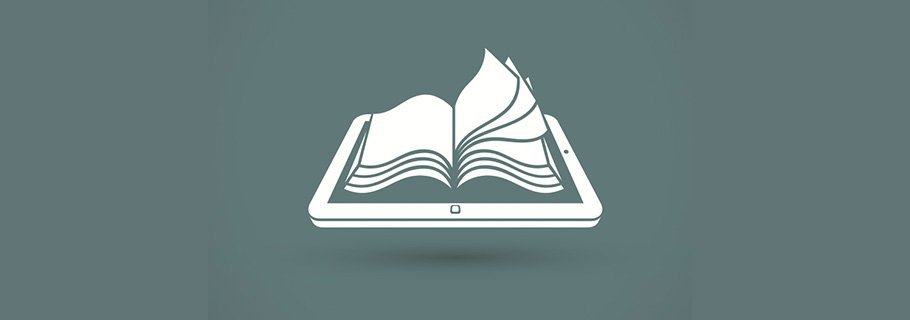Reading is kind of like repairing a bicycle. Kind of. For too long now my bike has been semi-operational. It has one brake that just doesn’t want to behave and all my attempts to fix it have failed. Why? Well it turns out that I haven’t been using the right tool. To get the bike working I need to use the right tool. And when it comes to reading, well, you’ve got to use the right tool—you’ve got to know what kind of reading to do. Here are seven different kinds of reading.
Studying. Studying is reading at its best, I think, but reading that can and should be done with only the choicest books. Life is too short and there are simply too many books to invest a great deal of time in every one of them. And this is where so many readers go wrong—they spend too much time and invest too much effort in books that simply don’t deserve it. When you study a book, you labor over it, you read it with highlighter in hand, you flip back and forth, you try to learn absolutely everything the book offers. Only the smallest percentage of books are worthy of this level of investment, so choose carefully which books you study. (Suggestions: Overcoming Sin and Temptation by John Owen or The Holiness of God by R.C. Sproul)
Pillaging. Pillaging is one of my favorite forms of reading, and especially when the book is in a familiar category and written to be very practical. I will often buy the latest and greatest books on business and productivity and read them at a rapid pace. As I do this, I am looking for tips that I can ponder and apply. I do not intend to allow these books to teach me a whole new form of getting things done—I have my system and it works well. However, I am eager to pillage these books for ideas that can tweak my system and make it better. (Consider: Essentialism by Greg Mckeown or Habit Stacking by S.J. Scott)
Devotional. Devotional reading is reading deep truths meant to make a deep impact on your faith. This is slow and meditative reading that requires an open Bible and plenty of prayer. The Christian faith has many wonderful devotional works that are drawn from the Bible and will, in turn, draw you to the Bible. Read these ones day-by-day and allow them to lead you closer to God as he reveals himself through his Word. (Consider: The Reformed Expository Commentary series or Morning and Evening by Charles Spurgeon)
Skimming. In recent years we have heard a lot about the evils of skimming, and it is true that for many people skimming is now their dominant form of reading. This is not a good development. But having said that, skimming still has its place. Some books are worthy of little more than a skim, and especially if you have already read extensively in that category. If you have read six books on marriage, you probably don’t need to do more than skim the seventh. Most books will benefit from a skim before in-depth reading as it will both help you understand whether it is actually worthy of study and help you better understand the flow of the author’s argument. Do not making skimming your only form of reading, but also don’t feel guilty if you find yourself skimming twice as many books as you read in depth. The more books you read, the more you earn the right to skim.
Stretch. Stretch reading is going beyond the popularizers and reading the sources. Some of us find that we much prefer reading books by the people who write on a popular level and who make their topic eminently accessible. But sometimes we ought to force ourselves to read more difficult texts—the Church Fathers or Reformation-era writers, the historians or scientists. (Suggestions: The Religious Affections by Jonathan Edwards)
Rerun. Rerun reading is returning to an old favorite to read it again. This may be that old novel that you fell in love with so many years ago and returning to that novel is like journeying back to an old vacation spot. It may be that formative Christian living book that meant so much to you when you were first saved. Either way, your purpose in reading this book is almost entirely pleasure; you are not reading it to learn from it as much as for the plain enjoyment of finding comfort in its familiar words and phrases.
Failed. Failed reading is an important part of any balanced reading diet. I speak to far too many people who feel it is wrong to stop reading a book before they have finished it. But sometimes you just need to admit defeat and stop reading. The more books you read, and especially the more books you study, the more you earn the right to give up on a few of them.
Book image credit: Shutterstock










